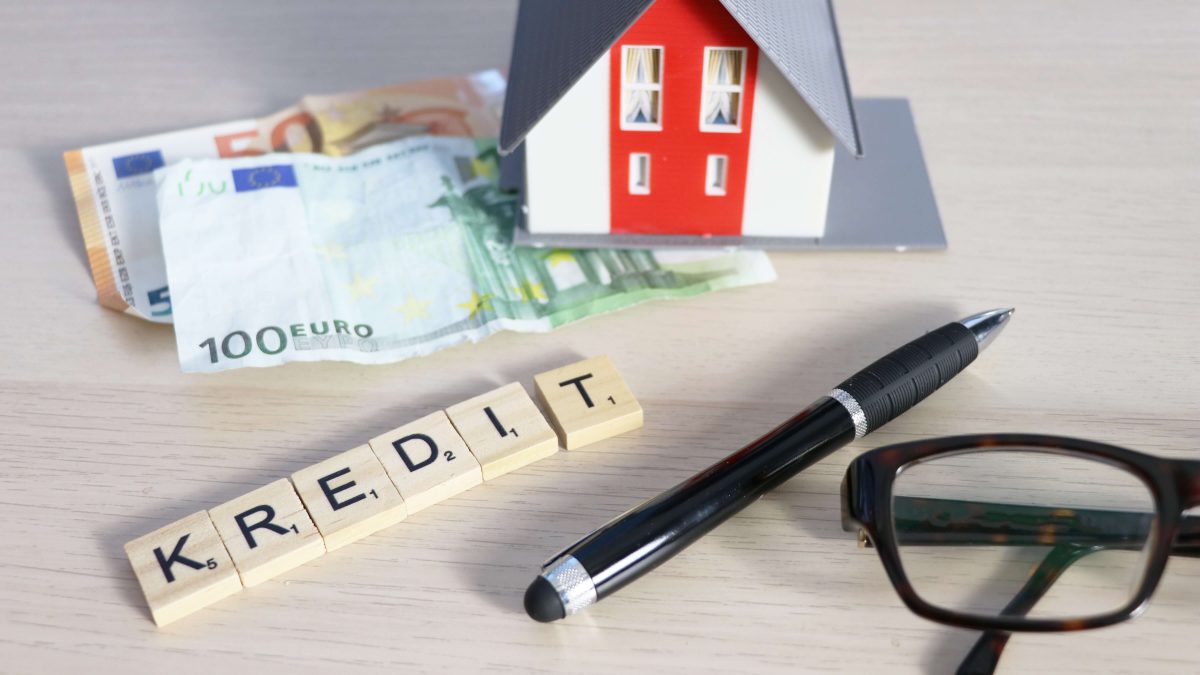Maxing out credit card all the while ignoring your bills might be your downfall, especially if you are nonchalant about it during your school years. Doing these will get you bad credit and a low credit score (get a free credit score here). This means that you might be in financial trouble later in life as having a bad credit score can affect you significantly. That said, it is important to study these points while you are still studying to be better prepared after graduating.
You must be thinking to yourself, is having a bad credit score the worst? Yes. Your credit score affects everything from mortgages, car loans, and student loans. So you might want to check your credit score, and if it is terrible, you might want to do something about it.
As a student who just emerged from college, having a good credit history is a must if you want to be a professional in the near future. A healthy credit score can help you buy or at least lease your first car, rent an apartment, and or get a credit card, which is mandatory to becoming a professional. Also, lenders will review your credit score all the time in order for them to approve you for a loan.
However, if you are just starting up and has no credit history, it is important to build responsible behaviour towards your credit score and learn the correct attitude and the right skills in maintaining a healthy credit score over time.
It will give you high interests
To indicate the likelihood of you defaulting on a loan or a credit card, lenders will review your credit score. If they see that you have a bad credit score, they will label you as a high-risk borrower, lowering your chances to apply for a loan. To give you an idea on how much of a loan you would need here are some condos in Toronto.
This doesn’t mean that you cannot entirely apply for a loan because you can still get one, but to amend the risk, lenders will give you a high-interest rate. In simpler terms, they will need you to pay more because you are a considerable risk. Take note that the more you borrow, the more you will likely to pay more interest.
It also impacts your ability to rent an apartment or a condo unit, as they will either refuse to rent to you or make you pay a higher security deposit.
Lesser employment opportunities
Some jobs will review your credit history, especially those that delve in upper management and the finance industry. They require good credit history and will shoot you down outright if they see you have negative items on your credit history, the possibility of bankruptcy, and other bills.
Take note that employers check your credit history and not your credit score as they will check for items that they think will significantly affect you during your stay in their company. If you are planning to look for a job, make sure you got your finances right.
Being new to credit score
If you have no credit or low credit you may be asking how will I amend this, you might ask. A common way to do this is to open a secured card. A secured card is based on how much money you deposited in the card. This means that when lenders see that you failed to pay, they can yank out cash from your card.
As you pay off balances every month, you are now slowly building up a credit score. In a matter of half or a full year, you can apply for an unsecured bank that they will set a limit to. This is important if you are just starting to stand on your own after your studying.
Takeaway
If you are starting a new life after college, you must be ready to face the challenges in the financial industry by building up a good credit score. With this, it will be easier for you to apply for a mortgage, buy your dream car, or even pay your student loans. If however, you have bad credit, don’t fret, it’s not the end of the world as you can still fix it. Remember, a simple mantra like always paying the money you borrowed will get you far in life.

